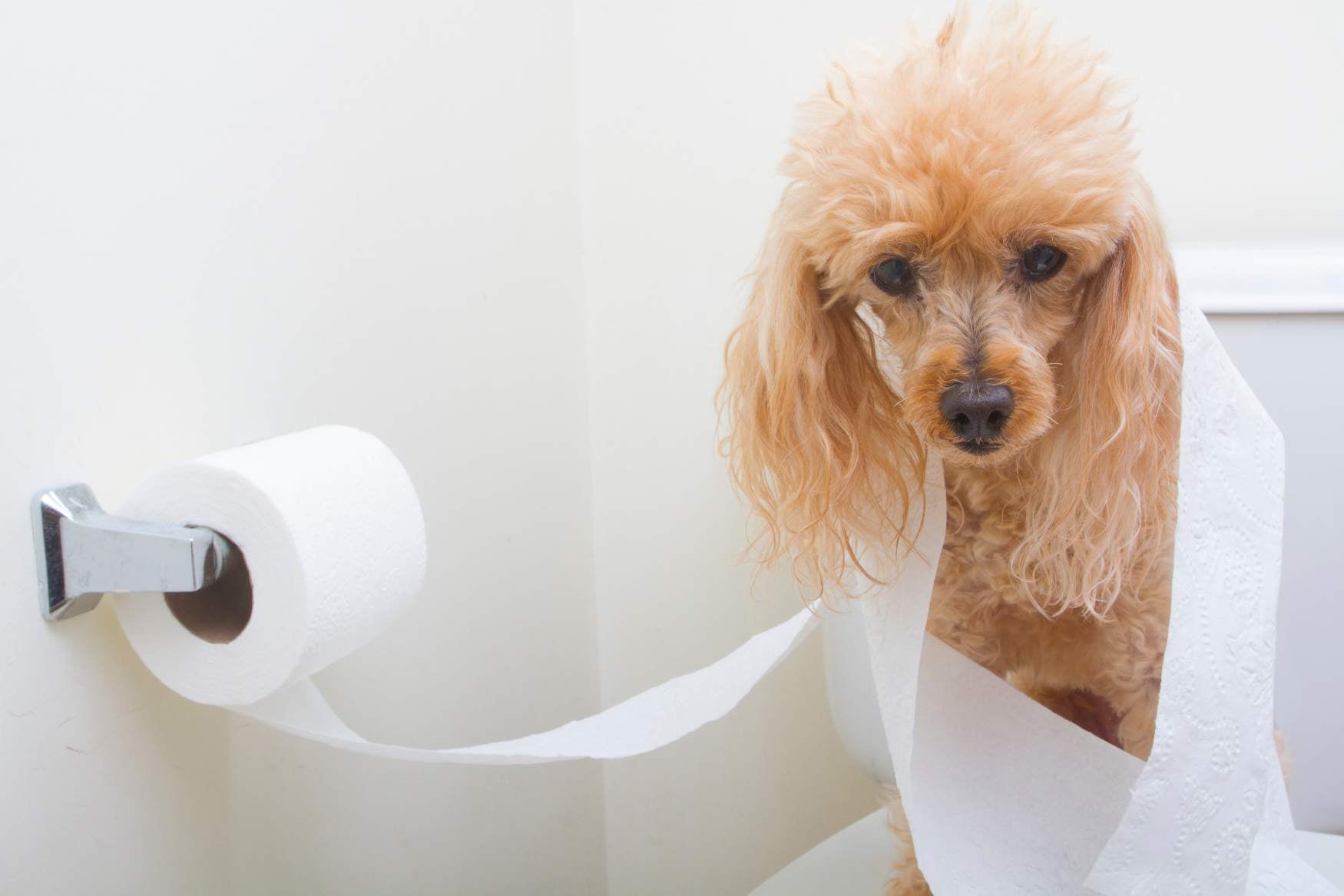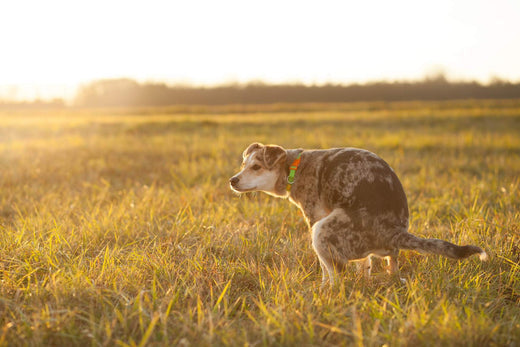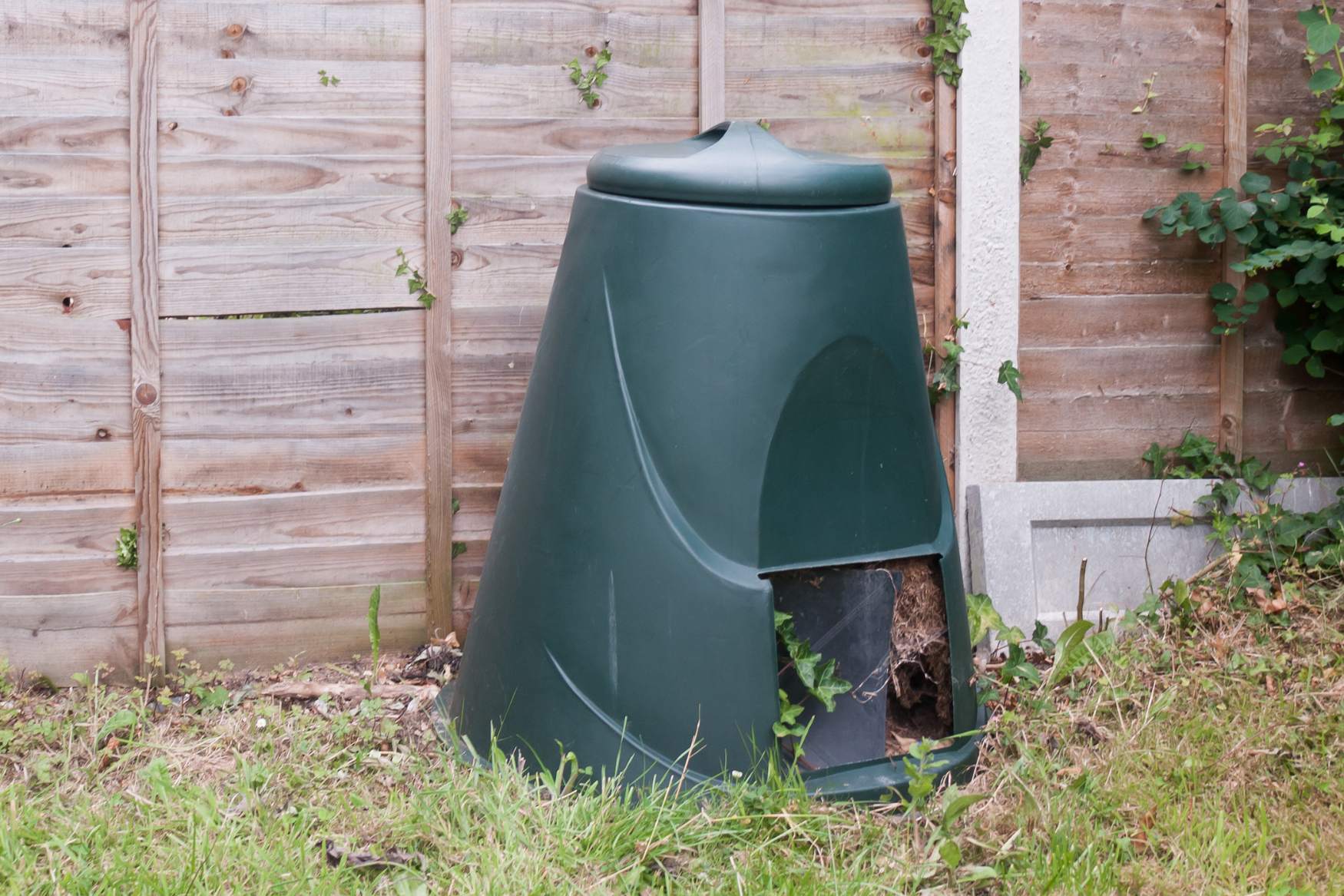Poo bags - all dog owners have to use them.
We won't get into it here, but on top of being a nuisance, dog poo left in the environment can also be an environmental hazard and cause disruptions to our ecosystems despite being "natural".
So we all painfully use poo bags, and hope we can at least use one that's less damaging to our planet.
As an eco-conscious dog owner, should you be using biodegradable dog poop bags?
Most likely, no.
Firstly, let's clear up the term 'biodegradable'.
What does this mean?
Well, it means nothing!
'Biodegradable' doesn't tell you what the poo bag is made of, how long it takes to biodegrade and under what conditions (usually highly specific conditions rarely found in the open environment or landfill).
Hence, when this term is used on its own it's meaningless, since essentially everything is eventually "biodegradable" - even regular plastic!
"Biodegradable is marketing BS – you can really have no doubt about that"
- Mark Miodownik, Professor of Materials & Society
Indeed, many studies have shown that ambiguously named biodegradable plastics and even compostable plastic doesn't biodegrade as claimed.
Biodegradability is essentially a myth!
But for the sake of clarity, ask yourself the following questions before deciding whether to buy biodegradable poo bags:
1. Do the biodegradable poo bags have ANY form of certification? If no, they are not biodegradable.
2. If certified, are these "COMPOSTABLE" certifications? If yes, are they certified for industrial or home compost - this is a very important difference.
3. If they are certified home compostable, do you have a compost bin at home to dispose of these bags and your dog poo? If no, then there is no point using them.
4. If they are certified industrially compostable, there's no point buying them because there are no industrial composting facilities in the UK that accept dog waste.
Why is there no point using compostable poo bags if you don't put them in a compost bin at home?
There are no industrial composting facilities in the UK that accept dog waste, so all poo bags either go to landfill or incineration.
If in landfill, biodegradable bags do not biodegrade because of the lack of oxygen, correct temperatures and living microorganisms that break down the bag.
So they act like normal plastic, with the added problem of releasing methane.
If incinerated, whether or not they are biodegradable is irrelevant as everything is burnt!
There's also evidence to show PBAT, the main ingredient in biodegradable and compostable poo bags, releases more carcinogens than regular plastic.
"But they are made of plants!"
No they are not.
An in depth investigation of all the currently available "biodegradable" poo bags found that on average, only 20-30% of the bag was derived from plant material, with the remainder being a fossil fuel derived biodegradable plastic, polybutylene adipate terephthalate (PBAT).
And even if they were made of plants, that's not necessarily a good thing.
Using food crops like corn starch to make poo bags mean direct competition with human food production, on top of industrialised agricultural practices that are highly polluting and resource intensive.
What dog poo bag should I use?
Experts recommend recycled and waste-based poo bags.
ReSEAcled Poo Bags were developed with all the shortcomings of "biodegradable" poo bags in mind.
Made from 25% oyster shell waste and 50% recycled plastic, they reduce waste sent to landfill and incineration by reusing waste that was already going to be sent there.
Recycling also produce less carbon emissions and uses less energy.
While not a "perfect" sustainable solution (because there is none), they are the least harmful to our planet, as they are made of existing waste materials.
They are also uniquely plastic negative, meaning each poo bag removes five times as much plastic from the environment than it introduces.
So instead of contributing to plastic pollution, you're helping reduce it, all while supporting marginalised communities worst affected by the crisis.















